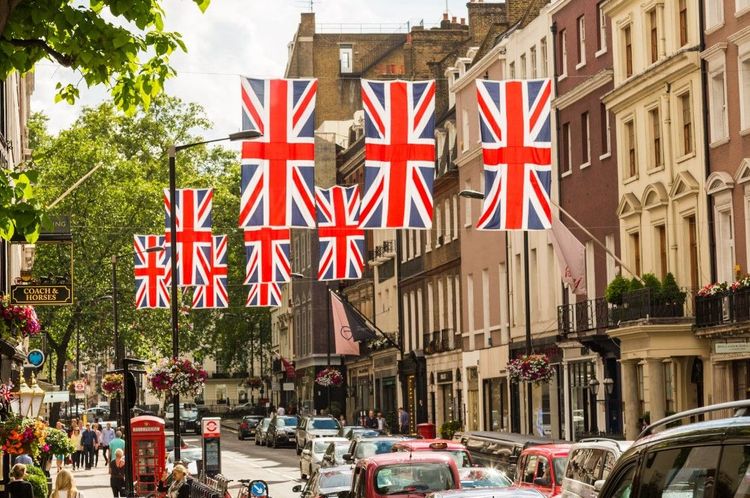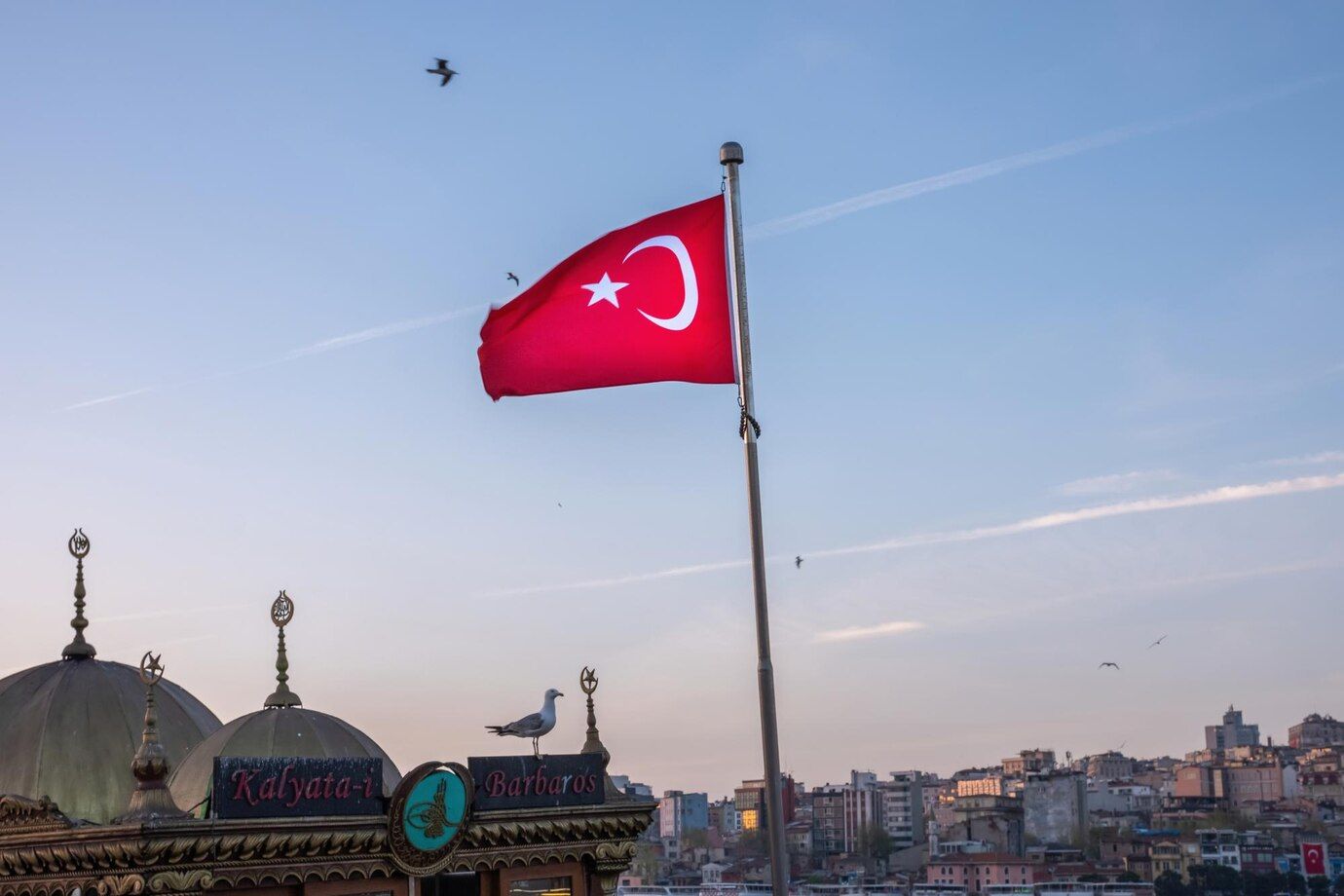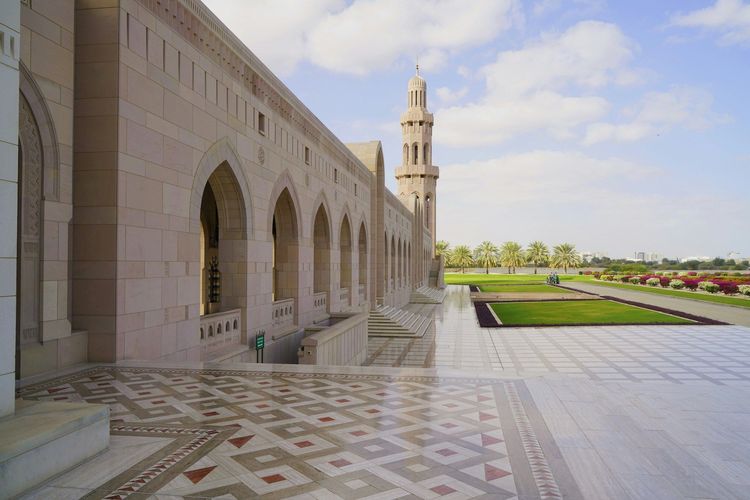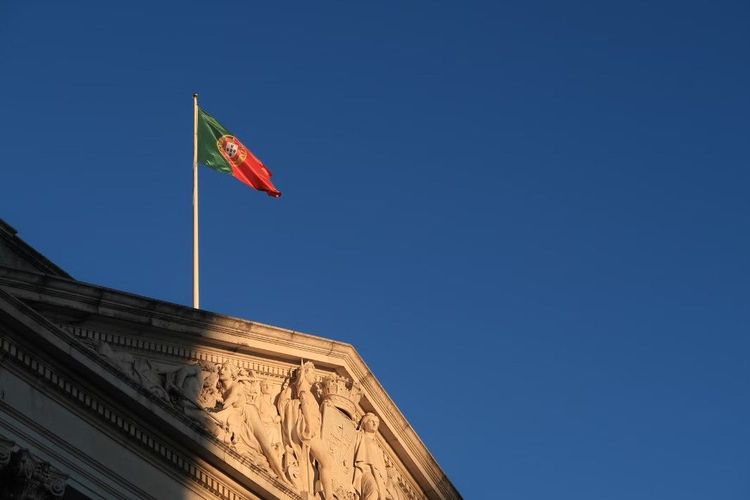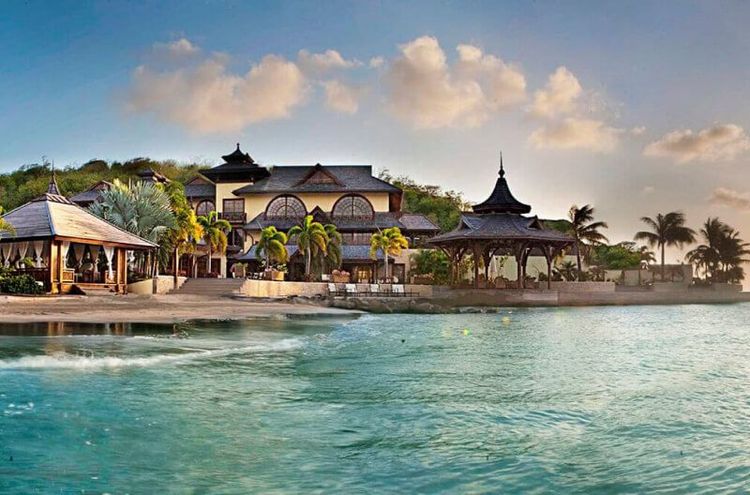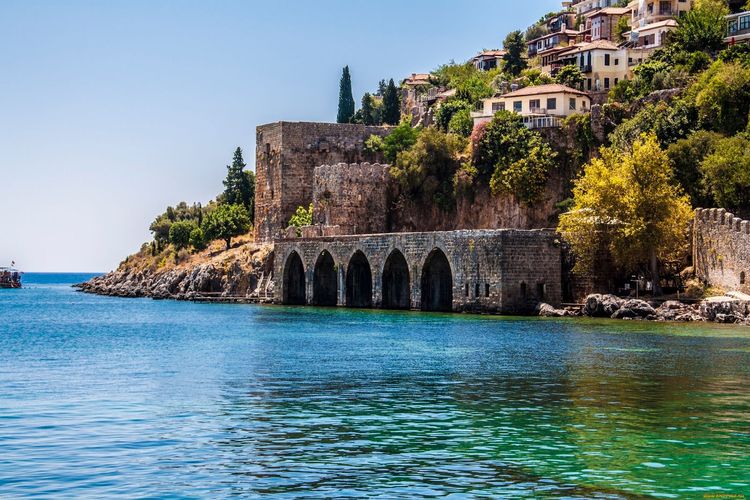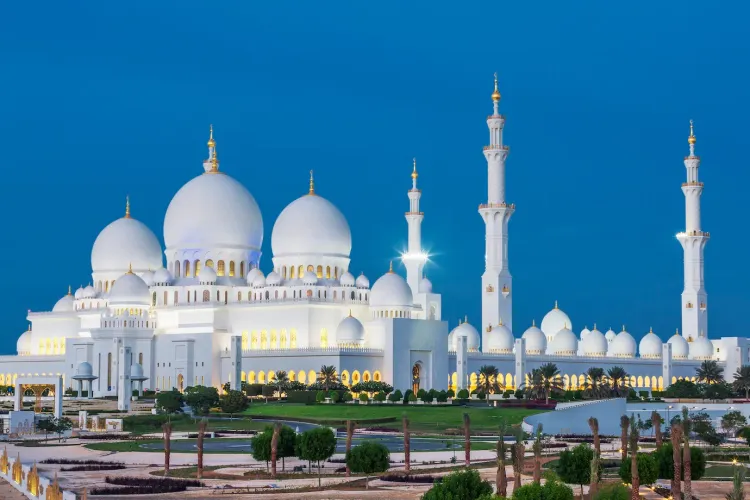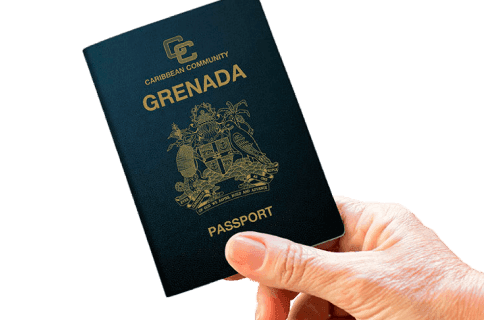Turkey remains one of the most popular tourist destinations among Kazakhstanis due to its beautiful beaches, rich history and cultural heritage. Turkey offers a variety of vacation opportunities: from the sunny resorts of Antalya and Bodrum to the historical sights of Istanbul and Pamukkale. In 2024, the country continues to attract Kazakhstani tourists with its resorts, hotels and hospitality.
Do Kazakhstani citizens need a visa in 2024?
No, Kazakhstani citizens do not need a visa for short-term tourist trips to Turkey in 2024. Kazakhstani citizens can stay in Turkey without a visa for up to 30 days per trip.
How long can you stay without a visa
Kazakhstani citizens can stay in Turkey without a visa for up to 30 days per trip. The total stay must not exceed 90 days within a 180-day period. If a longer stay is planned, a visa must be issued.
Required Documents
To enter Turkey under the visa-free regime, Kazakhstani citizens will need the following documents:
- A valid passport (validity period should be at least 120 days from the date of entry to Turkey).
- Return ticket or confirmation of intentions to leave the country within the authorized period.
- Health insurance (recommended, although not required).
Can you travel with minors?
Yes, Kazakhstani citizens can travel with minors to Turkey. In order to do so, it is necessary to provide:
- Child's birth certificate.
- The child's passport (or an entry in the parent's passport, if the child is less than 14 years old).
- Notarized consent of the other parent for the child's departure, if the child is traveling with one of the parents.
Penalties for violation of the period of stay
Violation of the terms of visa-free stay in Turkey may result in fines and a ban on re-entry to the country. Fines depend on the length of the violation and can range from several hundred to several thousand dollars. In case of serious violations, deportation and re-entry ban for several months to several years is possible.

What is allowed and forbidden to do
Permitted:
- Visit tourist sites and vacation at resorts.
- Use public transportation and rent cars.
Prohibited:
- Violate the period of visa-free stay.
- Violate local laws and cultural norms.
- Participate in protests or show disrespect for the country's religious and cultural traditions.
- Drink alcohol in public in places where it is prohibited.
Where you can get a VISA
For longer stays or for other purposes, such as work or study, Kazakhstanis can apply for a visa to Turkey through visa centers or consulates.
If you are interested in obtaining citizenship status or residence permit, then check out the section with relevant programs. We help to get citizenship and residence permits for investments of different countries with many options and additional services.
Questions / Answers
What language is required in Turkey
The official language of Turkey is Turkish, but English is widely used in major tourist areas and hotels. Russian-speaking staff can also be found in popular resorts such as Antalya and Alanya, which makes the stay convenient for tourists from Kazakhstan.
What is the climate in Turkey
Turkey's climate varies from region to region. On the Mediterranean and Aegean coasts, the climate is Mediterranean: hot summers and mild winters. In the central and eastern regions of the country, the climate is continental, with cold winters and hot summers. Turkey offers conditions for year-round vacation: beach season in summer and ski resorts in winter.
What are the taxes in Turkey for individuals?
Turkey has a progressive system of taxation of personal income, where tax rates vary from 15% to 40% depending on the level of income. There is also a value added tax (VAT) of 18%, which applies to most goods and services.
